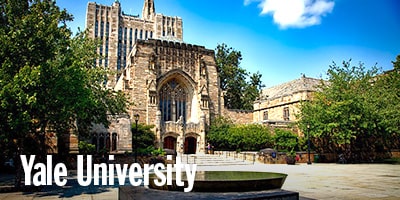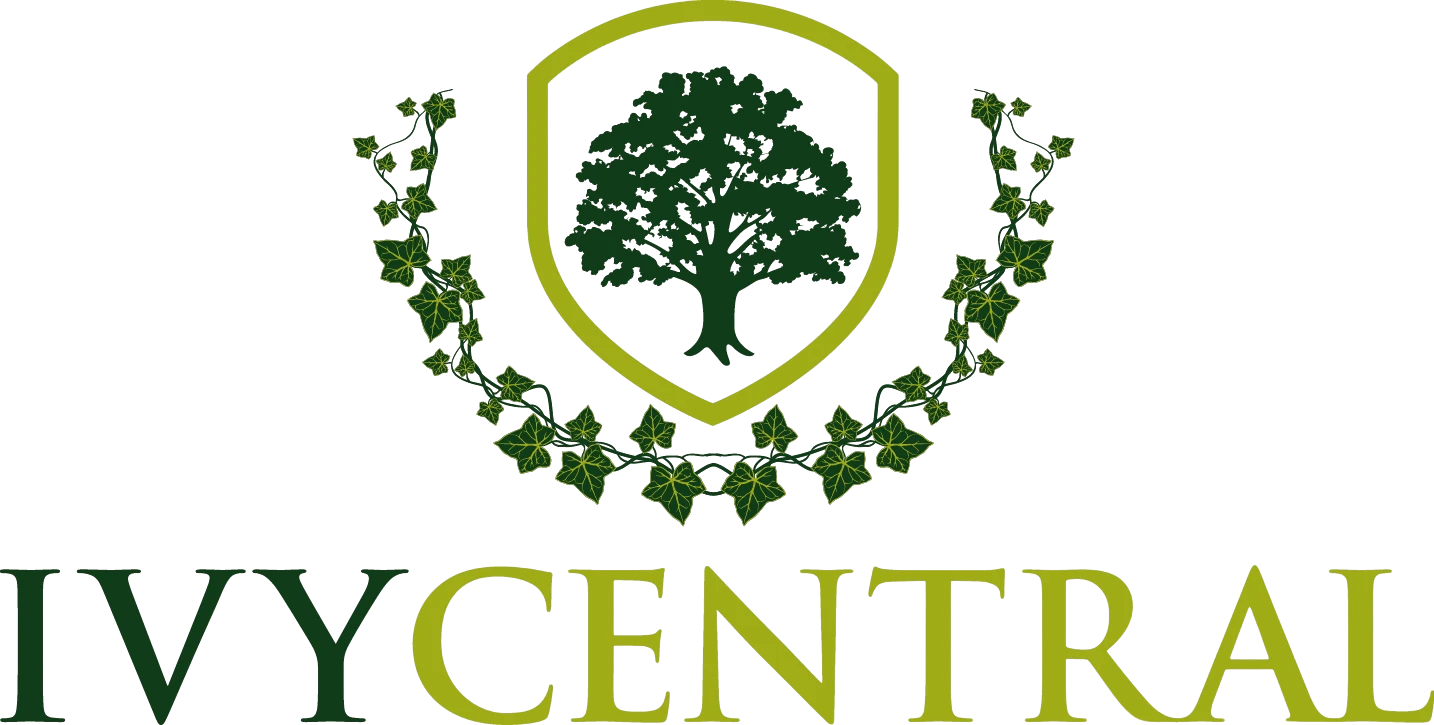
Yale University’s Acceptance Rate
How can a prospective student resist the charm of Yale’s neo-Gothic architecture? The buildings symbolise Yale’s commitment to tradition and academic excellence, an effort to communicate their commitment to the Oxbridge academic standard by which they were inspired.
Yale University’s reputation as one of the more selective Ivy League colleges (Harvard at 3.41% and Princeton at 3.98%) attracts applicants from all over the world, particularly students interested in law, politics, and international relations. This article breaks down emerging trends since the COVID-19 pandemic and the dismantling of affirmative action in college admissions.
Changing trends
Yale University received 54,465 applications to the Class of 2028, the highest number in history. The acceptance rate was 3.7% (2,146 admitted), the lowest in Yale’s history and a sharp decrease from the rate of 4.5% the year before. Interesting to note is that between the Class of 2017 and the Class of 2024, acceptance rates hovered between 6.32% and 6.96%, with the 7-year period also noting a steady increase of approximately 1000-2000 applicants per year. This dropped to 5.31% for the Class of 2025, as compared to acceptance rate of Columbias University, with the admissions committee scrutinising applications more closely in light of test-optional policy.
Yale’s Restrictive Early Action (REA) appears no longer advantageous to students. The Class of 2025 showed the highest percentage of slots filled by early admissions (52.97%). Since then, there has been a gradual decrease, with Yale accepting only 44.87% of students from their REA round for the Class of 2028, the second-lowest in its history.
Geographical Diversity
The admitted students come from all 50 states. The Class of 2028 comprises 11% international students representing over 120 non-U.S. countries. Yale’s need-blind admissions policy for international students means that financial need doesn’t affect the chances of admission.
The push to diversify across nationalities, cultures, and ethnic groups fosters intellectual diversity, creating fertile ground for avid and keen learners to exchange knowledge and practice pluralism and respect.
Standardized testing
Predictably, there has been a steady increase in applications due to test-optional policies. The Class of 2022 were the first to avail of the test-optional policy, and figures jumped from 35,220 applications for the Class of 2024 to 47,240 applications for the Class of 2025 – a whopping 12,020 more applicants!
Evaluating applications that did not include test scores encouraged admissions officers to put more emphasis on other parts of the application. However, this did not always advantage less wealthy applicants. The class of 2028 is the last group of students to apply in a test-optional cycle. As of February 2024, Yale University will resume requiring test scores for its next application cycle in a new “test-flexible policy” that “empowers applicants to put their best foot forward”, encouraging them to self-report the results they feel best complement the other academic information in their application.
Read More: Understanding MIT’s Acceptance Rate
A diverse student body
The Class of 2028 is also the first cohort to be admitted since the overturning of affirmative action. Interestingly, enrollment of Black and Latino students remained the same, while enrollment of Asian American and white students saw changes.
According to the profile released for the Class of 2028 by the admissions office, 14% identify as African American, 3% as Native American (both remaining the same since 2027), 24% as Asian American (a 6% decrease from 2027), 19% as Hispanic or Latino, and 46% as white (a 4% increase from 2027).
The Class of 2028 received the “most applications ever from students who identify as members of underrepresented racial and ethnic groups.”
Increased competitiveness
Like other elite schools, Yale has seen a decline in acceptance rate over the last decade. With its history of academic rigour, the single most important component in an application is the high school transcript. Yale continues to look for students who “can help to become the leaders of their generation in whatever they wish to pursue.” Students stand up by their academic drive, how they have (and predictably, will) utilised the resources available to them, and how they will contribute to the Yale community. This is most effectively demonstrated through teacher and peer recommendations, as well as the applicant’s personal essays.
Working with study abroad consultants, overseas education consultants, or, as more commonly known, college counselors, can help you plan and make those high school years count. We can help you with your college application process. Ivy Central offers exceptional focus to help you prepare for college admissions throughout the high school years. Start today!
